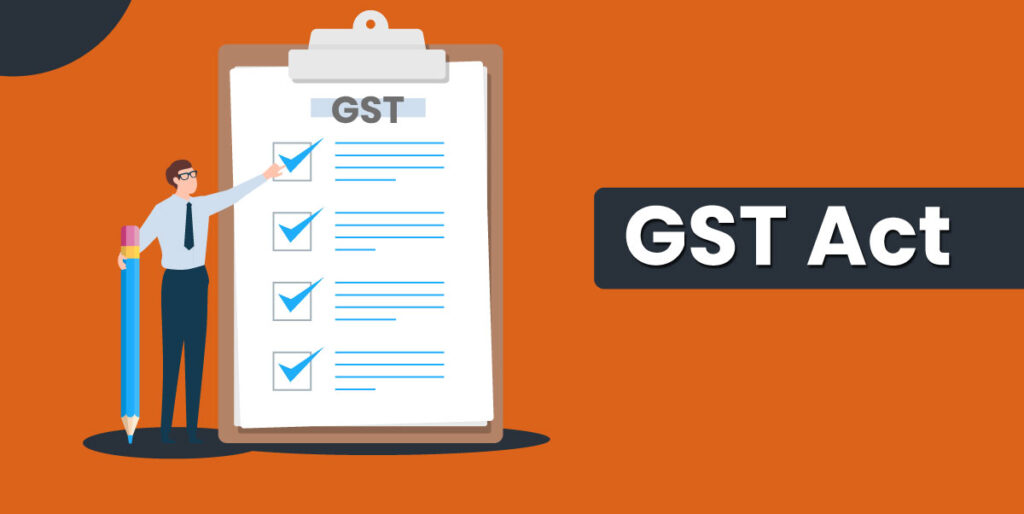The Goods and Services Tax (GST) Act is one of India’s most significant tax reforms, designed to unify the country’s complex indirect tax system. Enacted in 2017, the GST Act governs the levy and collection of indirect taxes on goods and services across India, replacing multiple cascading taxes levied by the central and state governments.
| https://cbec-gst.gov.in/CGST-bill-e.html |
What is GST Act?

The Goods and Services Tax (GST) is a comprehensive, multi-stage, destination-based tax that is levied on every value addition. It applies to the supply of goods and services and aims to streamline the taxation structure in India by subsuming major indirect taxes like VAT, Service Tax, Excise Duty, and others.
Its primary objectives include:
-
Unification of the Indian market
-
Reduction in tax cascading
-
Improved tax compliance
-
Boost to revenue efficiency
-
Ease of doing business
Online Tax Infrastructure (GSTN)
Ensuring Legal Compliance
Monitoring Business Conduct
Transparency and Public Access
Related Acts and Compliance
The Employees’ Provident Funds and Miscellaneous Provisions Act, 1952, commonly referred to as the EPF Act, is a cornerstone of...
The Companies Act, 2013 is the primary legislation that governs the incorporation, regulation, and dissolution of companies in India. Enforced...
